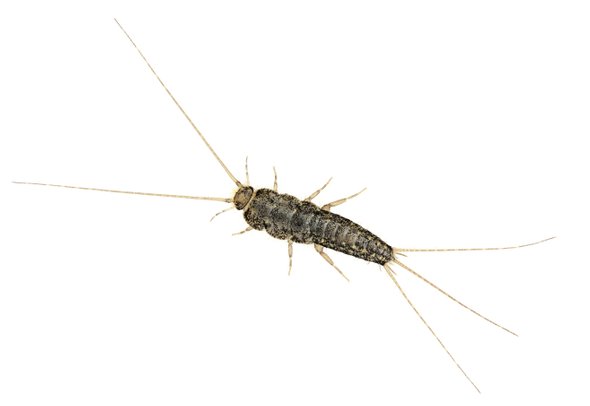(单词翻译:单击)
听力文本
This is Scientific American — 60-Second Science. I'm Karen Hopkin.
Interested in studying exotic life forms...maybe even identifying new species? Well, forget about buying a plane ticket. Just take a look in your basement, bathroom, or boudoir. Because researchers in North Carolina aim to document the critters that live among us in the Great INDOORS.
Ten years ago, biologists led by Rob Dunn at North Carolina State began to explore the biodiversity of insects in 50 homes in the Raleigh area. Though they expected to uncover a couple dozen bugs, they turned up more than a thousand distinct species. And when they expanded their studies to other cities, they found lots more...some entirely new to science.
Now they're enlisting an intrepid brigade of citizen scientists to carry the work further. That means you. Simply explore your immediate environment. Poke around under the sink, behind the curtains, the back of the pantry. And snap a pic of what you find. Then upload your images to the social networking app iNaturalist. The observations you post will be shared with a global community of experts who can identify the creepy crawlies you've encountered.

To participate in Dunn's effort, just tag your image to his project, which is titled: Never Home Alone: The Wild Life of Homes.
And if you happen to be in Raleigh on November 15, pop by the celebration the publication of the book Never Home Alone...in which Dunn reveals what he and his colleagues have discovered so far. There, Dunn will present the 20 people who identify the most indoor animal species a trophy adorned with a bedbug. Not a real bedbug. I assume.
Thanks for listening for Scientific American — 60-Second Science. I'm Karen Hopkin.
参考译文
这里是科学美国人——60秒科学。我是凯伦·霍普金。
对研究外来的生命形式感兴趣?也许还想发现新物种?如果是这样,那不用买机票了。只要看看你的地下室、浴室或闺房就行了。因为北卡罗来纳州的研究人员打算记录在室内且生活在我们之中的小生物。
10年前,在罗布·邓恩的带领下,北卡罗来纳州生物学家开始在罗利地区的50座房屋勘查昆虫的生物多样性。虽然他们预料到会发现几十种虫子,但最后却发现了1000余种不同的物种。随后,当他们将研究范围扩展到其他城市时,他们发现了更多物种,有些物种对科学家来说是全新的物种。
现在,他们正在招募一个勇敢的公民科学家队伍来进一步开展这项工作。他们要找的就是你。只需要探索一下你周围的环境。在水槽下面、窗帘后面和食品储藏室后面转一下。拍下你发现的生物。然后将照片上传到社交网络应用iNaturalist上。你上传的观察结果将与全球专家共享,他们可以识别你遇到的怪异的小爬虫。
要想参与邓恩领导的活动,只需要在你的照片上标记他的项目名称“从未独自在家:家中的野生动物”。
如果11月15日那天你碰巧在罗利,可以去参加《从未独自在家》一书的出版庆典,邓恩在这本书中展示了他和同事迄今为止的发现。届时,邓恩将为发现最多室内动物物种的20个人颁发用臭虫装饰的奖杯。我猜,并不是真的臭虫。
谢谢大家收听科学美国人——60秒科学。我是凯伦·霍普金。
译文为可可英语翻译,未经授权请勿转载!
重点讲解
重点讲解:
1. turn up 找出;发现;注意到;出现;
Investigations have never turned up any evidence.
调查从没发现任何证据。
2. poke around (通常指挪动很多物品)寻找,翻找;
He poked around the top of his cupboard for the bottle of whisky.
他翻遍了食橱的上层,想找那瓶威士忌。
3. participate in 参与;参加;
No professionals may participate in the amateur tennis tournament.
任何职业选手均不得参加业余网球锦标赛。
4. happen to do sth. 碰巧;凑巧;
If you happen to talk to him, have him call me.
如果你碰巧能和他说话,让他给我打个电话。


